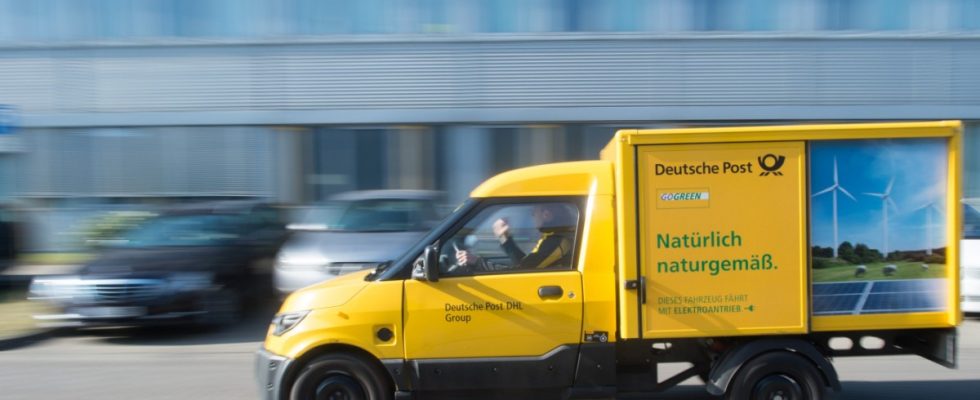The quiet, yellow delivery vans are part of the street scene in Germany: Deutsche Post and its parent company DHL use 20,000 street scooters, electric vans, to deliver letters and parcels. But the manufacturer of climate-friendly vehicles had to file for bankruptcy in the fall. Now Günther Schuh, one of the co-founders, has the Aachen company bought back and promises new investments. At the same time, major buyer DHL has agreed to order 700 vans in the first half of the year. This means that the company with almost 70 employees has been saved for the time being.
The models are produced at Neapco, a contract manufacturer in Düren, 40 kilometers east of Aachen. A final end to the delivery van would have cost jobs there too. In the future, however, the vehicles will no longer be called street scooters, but rather “e.Volution”. That’s the name of Retter Schuh’s company.
The 65-year-old is a professor at the Chair of Production Systems at RWTH Aachen University. The engineer is also a self-conscious and mission-conscious serial founder of companies, an eloquent guest on podiums and in talk shows – and a pioneer of electromobility in Germany. Back in 2010, he and a colleague started the company Streetscooter to bring a cheap electric car onto the market. Schuh wants to prove to the established auto industry that electric vehicles can be developed cheaper and faster.
Deutsche Post is very impressed with the concept and is letting the start-up build an electric van. In 2014, the Bonn-based logistics group even bought the company, but the new subsidiary caused grief with its losses. That’s why DHL is selling the vehicle manufacturer again in 2022 to the Luxembourg holding B-On. However, DHL retains the important battery production, it remains in the company and is still called Streetscooter. This subsidiary supplies B-On with batteries, and at the same time DHL is an important customer for the finished transporters – a complicated network.
Shortly before Christmas, the insolvency administrator no longer sees a solution
Last September, B-On had to file for bankruptcy. The reasons are said to be delivery bottlenecks and quality problems with supplier parts. This would have hindered production and thus led to loss of income. Insolvency administrator Dirk Wegener is trying to save the company, but in retrospect he calls the case “quite complicated because many partners such as DHL and numerous key suppliers had to be involved,” as he was quoted in a press release.
Two days before Christmas, Wegener assumes that a rescue will fail, he told the Aachen newspaper. At that point there was an interested buyer and investor in founder Schuh, but there was no guarantee from important customer DHL that they would continue to purchase the delivery vans. The major shareholder in the logistics company is the federal government – which is why the local IG Metall even wrote a letter to Chancellor Olaf Scholz asking him to influence the DAX group. The people of Bonn finally accept the order and Schuh can sign the purchase contract.
The engineer sells shares in other companies to raise the necessary capital. He wants to invest 25 million euros in the development of a new model that will be available from 2026. The street scooter will be taken “to the next level,” Schuh announces with his usual full-bodied voice. Until then, 3,500 units of the current delivery van would still be produced.
Schuh has experience with what can happen after bankruptcy. Four years ago, “E.Go Mobile” had to seek protection from creditors; the engineer was the boss and founder of the manufacturer of small electric cars. The company still exists, but it is now called “Next E.Go Mobile” – and has different owners and a new boss.

